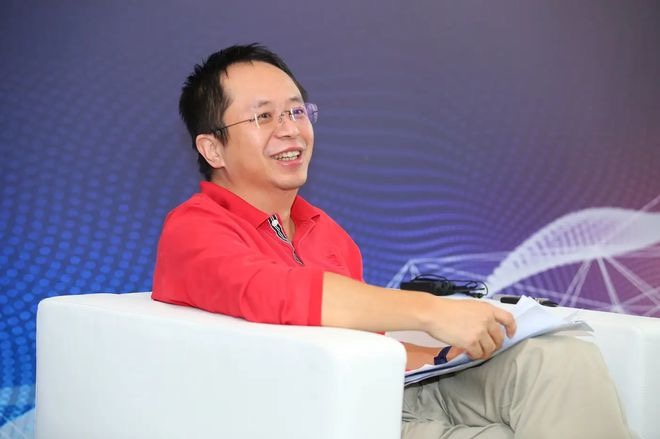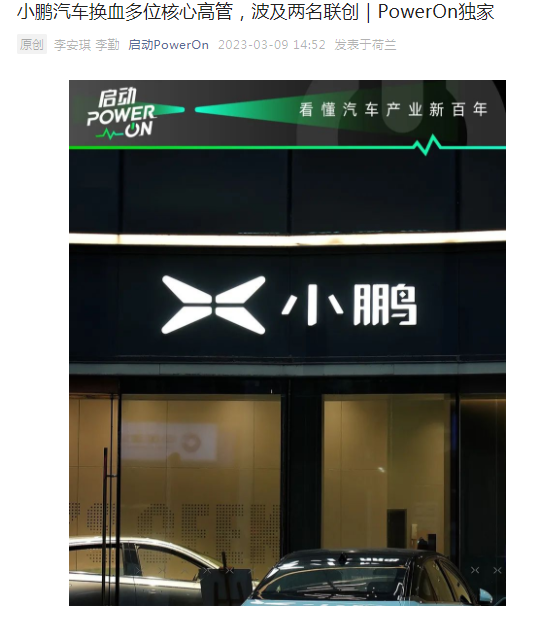In addition to Weibo, there is also WeChat
Please pay attention

WeChat public account
AutoBeta


2024-11-22 Update From: AutoBeta NAV: AutoBeta > News >
Share
AutoBeta(AutoBeta.net)08/13 Report--
July 2024 is the inflection point of the market and the inflection point of technology.
In July, the domestic retail penetration rate of new energy vehicles was 51.0%. Retail sales in the domestic passenger car market in July were 1.72 million, of which retail sales of new energy vehicles were 878000, up 36.9 percent from a year earlier, while retail sales of traditional fuel vehicles were 840000, down 26 percent from a year earlier, according to the Federation of passengers.
The scale of the fuel vehicle market continues to shrink under the strong attack of new energy vehicles, which is a fait accompli, while the decline in the fuel vehicle market is mainly due to head car companies, such as SAIC Volkswagen, Guangzhou Automobile Toyota, Guangzhou Automobile Honda and so on. Auto Industry focus counted the July sales data of the top 15 joint ventures and found that only FAW-Toyota saw sales growth, while the other 14 joint ventures all showed declines. including SAIC Volkswagen, Guangzhou Automobile Toyota, Guangzhou Automobile Honda, Dongfeng Nissan, SAIC GM and so on.

In terms of sales ranking, Volkswagen and Toyota brand sales ranked at the top, including 114200 FAW-Volkswagen, 88200 SAIC-Volkswagen, 65900 FAW-Toyota and 59100 Guangzhou Auto Toyota.
Unexpectedly, among the four joint ventures, only FAW Toyota achieved sales growth of 4.7% compared with the same period last year, while other car companies all declined sharply, of which FAW-Volkswagen declined by 22.6% compared with the same period last year. This is why FAW-Volkswagen sales decline so seriously, mainly because it owns three major brands: Volkswagen, Jetta and Audi, all of which decline. Among them, the Jetta brand fell by 41.6%, the Volkswagen brand by 21.4% and the Audi brand by 20.0%.
The same is true of SAIC-Volkswagen, whose July sales fell 11.8 per cent to 88200, including 84000 under the Volkswagen brand. From the data point of view, the decline of SAIC-Volkswagen is only half of FAW-Volkswagen, and the reason is very simple. One is that SAIC-Volkswagen's electric car sales are better than FAW-Volkswagen. The other is that Audi brand and Skoda brand have a better impact on SAIC-Volkswagen. The combined sales of the two brands are only 4,000 million, which in essence does not have much impact on the overall size of SAIC-Volkswagen.
FAW Toyota and Guangzhou Auto Toyota are very divided. Although they are both Toyota joint ventures in China, the performance of the two companies is completely different. FAW Toyota increased 4.7% year-on-year, while Guangzhou Automobile Toyota fell 17.1%. Of course, this is only the market performance of the month, in fact, the two companies are also challenged in the Chinese market.
By analogy, Japanese manufacturers, mainly Toyota, are facing challenges in the Chinese market, so Japanese manufacturers, including Dongfeng Nissan, Guangzhou Automobile Honda and Dongfeng Honda, are naturally very sad. Among them, Dongfeng's daily production and sales were 40004, down 20.1% from the same period last year; Guangzhou Auto Honda was 31100, down 23.9% from the same period last year; and Dongfeng Honda was 20400, down 58.1% from the same period last year. Honda's performance in the Chinese market is very worrisome. Only Accord sold more than 10,000 vehicles in July, down 10479 vehicles, and the previous sales of 20, 000 cars of CR-V and Haoying no longer exist.
Among the top 10 manufacturers, SAIC GM suffered the worst decline, with a year-on-year decline of 54.2 per cent, with Buick brand sales of 26500 vehicles, Cadillac brand sales of 8303 and Chevrolet brand of 3301. Two days ago, SAIC GM Guan Xuan made senior adjustments: Lu Xiao, former deputy general manager of Pan Asia Automotive Technology Center, succeeded Zhuang Jingxiong as general manager of SAIC GM; Xue Haitao, former deputy general manager of SAIC GM Wuling, succeeded Lu Yi as deputy general manager of the company, responsible for marketing related work; and Cai Bin, former assistant president of SAIC Group, rejoined SAIC GM as party committee secretary of SAIC GM. It is unclear whether the above personnel changes will stop SAIC GM from falling sales.
As for other brands, Beijing Hyundai sold 10000 vehicles in July, down 37.9% from a year earlier. The top three models were Elantra, Tusheng and ix35, which were 4638, 2123 and 1451 respectively, while the newly upgraded Sonata still did not improve, with only 937. A few days ago, a dealer in Hunan Province asked Beijing Hyundai to stop picking up cars to Beijing Hyundai from August 8 and no longer accept automatic delivery of vehicles. According to the China Automobile Circulation Association, the inventory coefficient of car dealers was 1.5% in July, with a total of six brands with an inventory coefficient of more than 2%, of which Beijing Hyundai ranked second with 2.45%.
In the wave of electrification, the rapid rise of Chinese car companies has brought about the decline of fuel vehicles, the inventory of joint venture fuel vehicles has been overstocked, the market share has been declining, and finally the joint venture manufacturers are forced to join the price war. But what is sad is that the more outrageous the price reduction of fuel vehicles is, the less people will buy them. In the end, it is the dealers who are under pressure. If they sell them, they will lose money, and they will suffer if they cannot sell them. As a result, more and more dealers are losing money and resell their own brands of new energy vehicles.
Industry insiders say it is expected that China's fuel vehicle market share will be further reduced by 2030, when 3/4 of the Chinese market will be electric vehicles. "Foreign car brands should not sell cars in a smaller and smaller market, but must build their own competitiveness in electric vehicles, and in order to improve their competitiveness, it is a good way to cooperate with Chinese new power car companies."
Welcome to subscribe to the WeChat public account "Automotive Industry Focus" to get the first-hand insider information on the automotive industry and talk about things in the automotive circle. Welcome to break the news! WeChat ID autoWechat
Views: 0
*The comments in the above article only represent the author's personal views and do not represent the views and positions of this website. If you have more insights, please feel free to contribute and share.











© 2024 AutoBeta.Net Tiger Media Company. All rights reserved.